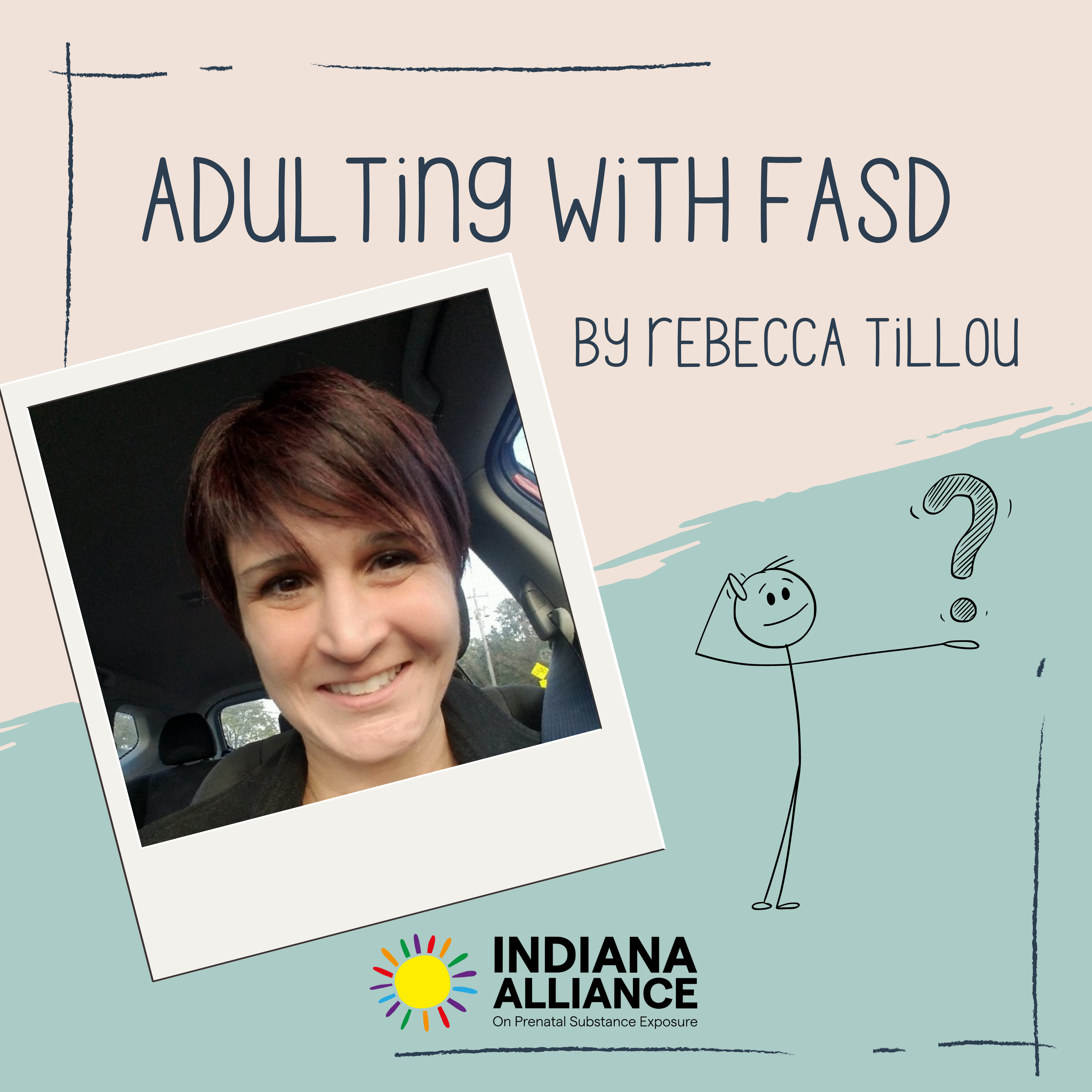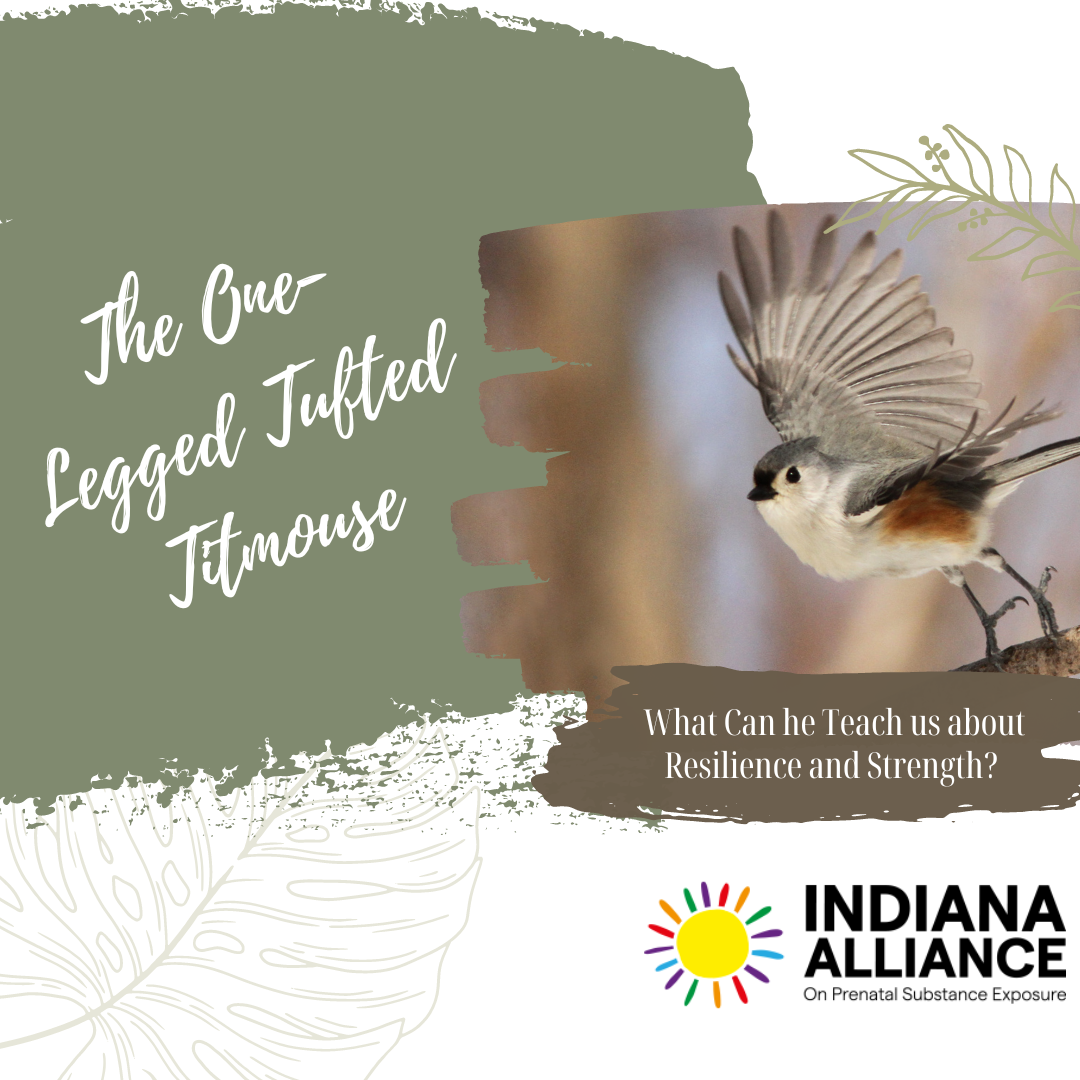
Personal Space: It’s NOT Just Physical
In this series Adulting with FASD, we join FASD self-advocate Rebecca Tillou on her personal journey with FASD. You can find Rebecca’s blog and connect with her here.
I don’t know many people that enjoy others encroaching on their personal space. It feels weird, and it is just creepy. Even if it is a family member or a close friend. I noticed that I struggle with other people’s personal space, their EMOTIONAL, Personal Space.
When I was in elementary school, I remember kids would talk to me for the first time, and I would latch on like a piranha. Thank goodness most were kind and befriended me. They would be on the playground playing a game of make believe, and I would immediately ask to join in. Even if I didn’t know them well. I wanted to belong. Once we became friends, I was always making sure they still liked me. I would write notes to them asking, “Are we still friends?” Once, my new best friend Anna told me she wanted me to sleep over. I bugged her verbally and with notes asking when. Looking back, I realize the reason for all of this lack of awareness was my brain. I didn’t understand boundaries that I couldn’t see, those I like to call mental boundaries. I learned to stay in my lane as I matured, but I still struggled in college, although not as much. There was one instance when I was part of a church group, and I had befriended this girl, Sarah. She had dated this guy who was also in the church group. We were in a bible study one night, and I blurted out, “Did you sleep with him?” Impulsive much? Holy moly, that went over like a wet fart. We didn’t speak again. I would say I learned from that experience, but with FASD brains, if a situation is even slightly different, the rules don’t apply. Brains that are damaged can be so careless. They live by the words, “Carpe Diem,” but the aftermath can be hurtful for all involved.
I am now 43 years old, and although I have learned to think before I speak more than I used to, I still struggle. I like to say I am blunt and to the point, but let’s get real. My brain still misfires. I have learned to take notice of my misfires (usually after they happen), and I am mature enough to apologize. I explain that my brain is dysmature and is permanently damaged due to my birth mom drinking alcohol when pregnant. I always take responsibility for my misfires, but I explain to the other person involved that my brain works differently than others. I tell them that doesn’t make it ok, but it explains my actions. It can be difficult, because those without brain damage may tell us, “If you don’t think it is appropriate to say in public, then don’t.” Uh…our brains think many things are ok to say out loud but they are not. I guess we can all use a little grace and time and patience with our brains. The positive about getting older with a brain disorder is that those around you that you may disrespect are more apt to try to understand the why, and to forgive.
So, here is to learning to drive in your lane.
Check out these great Indiana Alliance Resources:
BRAIN-online FASD screening tool
Living with FASD
FASD Guide







